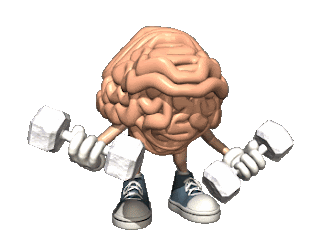After the first day of the Integral Coaching Canada’s program, my instructor handed an article to us. This article was written by Joanne Hunt who is one of the founders of Integral Coaching Canada, and the topic of this article was psychological resistance. Everyone has a kind of psychological resistance. For instance, when we decide to quit smoking, but most of us find difficult to do so. Because we have a hidden desire to maintain our status quo. Of course, this is not a strange phenomenon, but this is a natural biological function for us.
However, how to build a good relationship with “psychological resistance” is a key point in coaching. The following self-observation journal practice is helpful to bring our psychological resistance close.
1 When did I feel resistance today?
2 How did this resistance present itself in my body? My thoughts?
3 What were my judgments associated with the resistance? My feelings?
4 What was I most responding to?
5 What change was I resisting? (Having to change my mind or my view or my way of being? Having to drop my agenda, my way of seeing things? My new practice? This new idea?)
6 What am I most trying to keep intact?
7 What is required to let go of this grip to keep things safe?
8 What did I learn about my dance of change and resistance?
For every force, there is an equal and opposing force.
For every change attempted, there will be resistance of equal magnitude.
The above sentences describe our psychological resistance beautifully.
Reference:
Joanne Hunt, “Coaching: The Dance of Change and Resistance”







